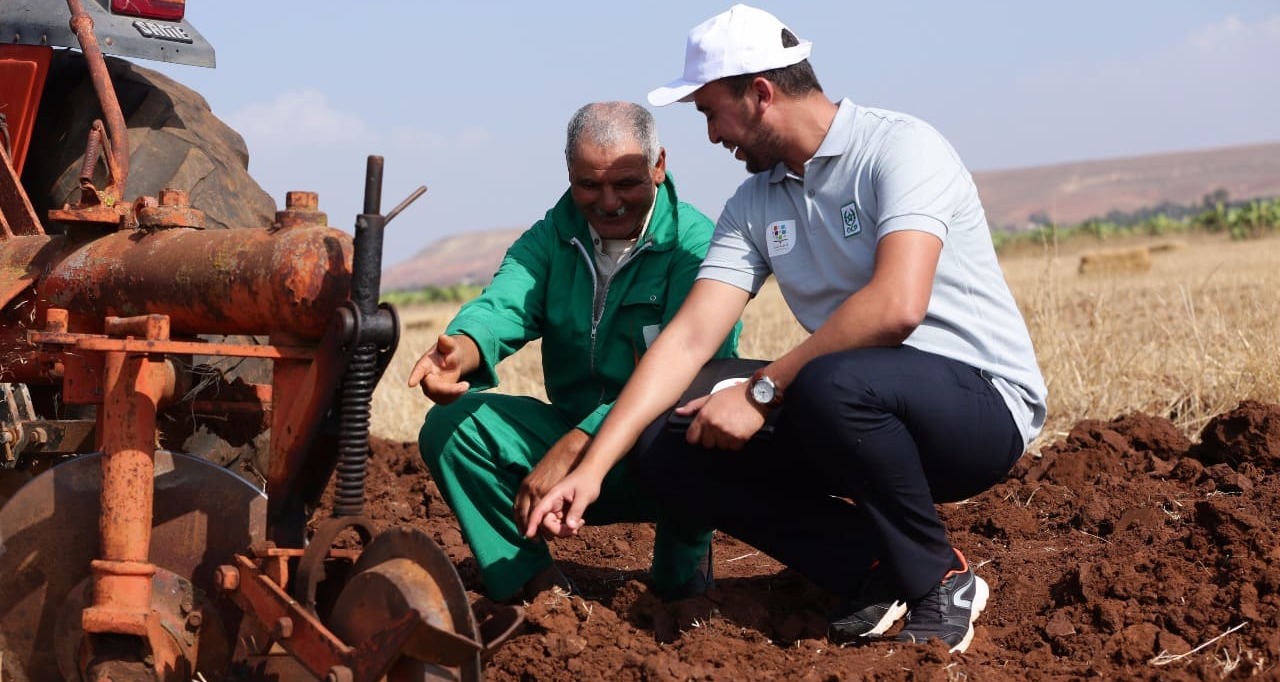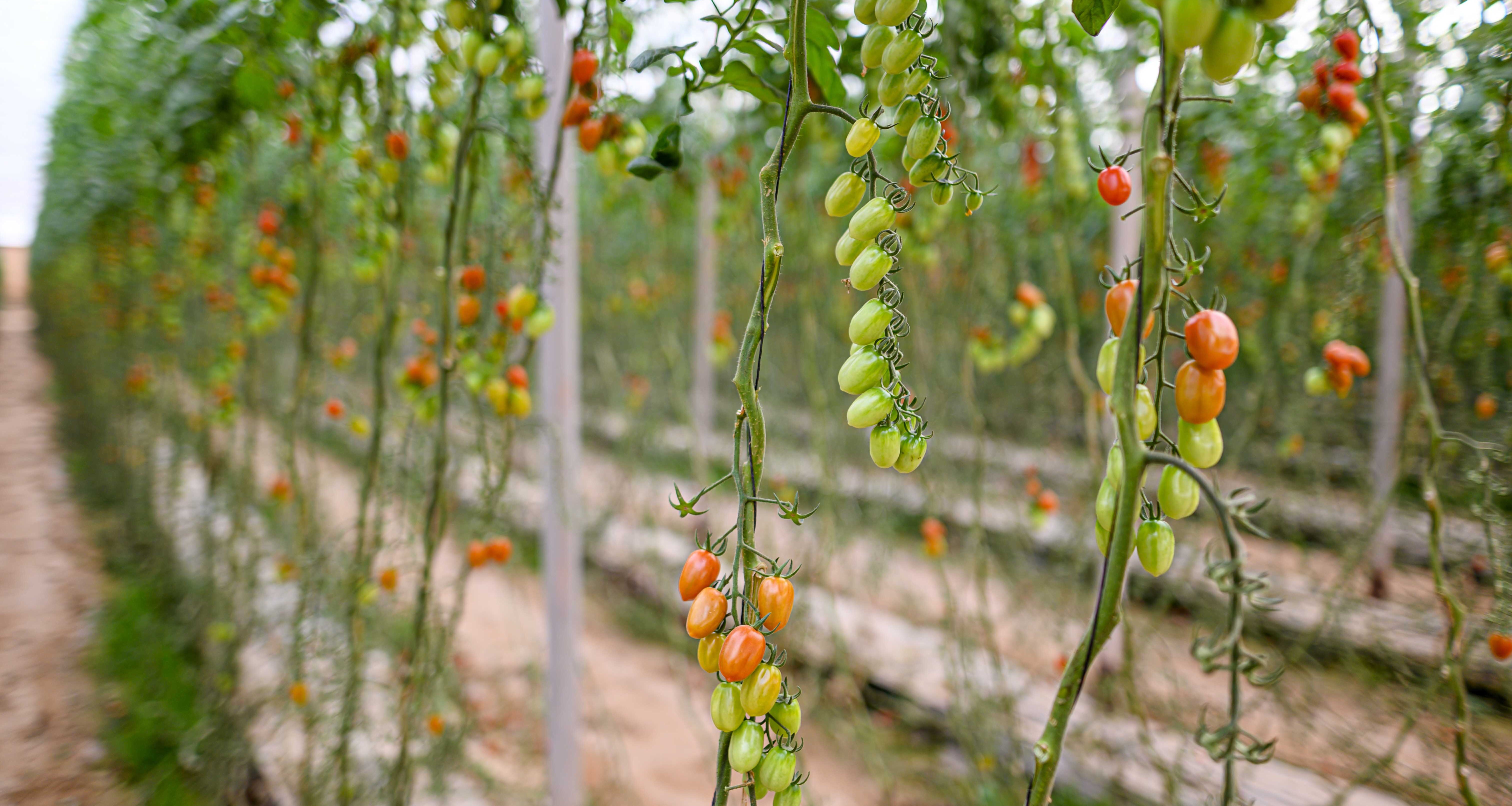
As it stands, Africa’s fertilizer consumption is too low compared to the rest of the world. This means the continent is producing much less food than it is capable of. In Ethiopia, just 26 kilograms are used per hectare of arable land, as opposed to over 500 kilograms per hectare in parts of Europe. This is because fertilizers tend to be sold to countries that pay more for it and have a more developed market. Historically, Africa’s fertilizers have been imported, with fertilizers produced in Africa being exported for more money – which has limited the effectiveness of African agriculture.
Why we need a new fertilizer manufacturing plant
The fertilizer hub we are building will not only make fertilizers cheaper for African farmers, but there will also be customized fertilizers to suit specific soil types. The closer production moves to the point of use, the more cost effective it will be for production, transporting and for the farmer.
We must ensure our Phosboucraa Fertilizer Complex is not only in line with farmers’ needs, but also in-line with our environmental and sustainability goals. There must be longevity on all fronts.
We have developed processing technologies that preserve the phosphate deposits by using less phosphate-rich deposits, extending deposit life by 74% (from 43 to 75 years).
The fertilizer complex itself is fitted with environmentally friendly technologies, and we have redesigned storage and production methods to reduce emissions. This is bolstered by our plan to use 100% clean renewable energy to fuel the complex and ensure that 100% of processing water comes from desalination.
The solution
Perhaps even more profound than our operational performance, our largest positive impact is in designing and manufacturing customized fertilizers that are fine-tuned to the needs of specific soils. Our customized fertilizer process will help farmers with more precision than ever to have the right fertilizer, at the right rate, at the right time and at the right place. This means that these customized fertilizers will be better for the soil, will reduce waste and will be more cost effective. We then invest in farmer training programs to explain when and how to use the minimum amount of fertilizer for the maximum possible results. As we begin to manufacture more fertilizers for Africa, we shall increase our farmer outreach too.
This dovetails with the research at the Mohammed VI Polytechnic University in Morocco into more efficient and new farming techniques that will help farmers across Africa improve their yields. We believe that there will be a large multiplier effect from our investment in the Foum El Oued Technopole university campuses in Benguerir and Laayoune. When taken alongside soil mapping and the tailoring of fertilizers on a crop by crop and farm by farm basis, farmers will be empowered to grow not just their incomes and life chances, but the crops needed to feed a growing world’s population.
Local research, international potential

Sustainability at Phosboucraa does not start and finish at the mine gates – we use our resources and expertise to support local communities to drive sustainability.
In addition to accelerating water sustainability through the use of non-conventional water, Phosboucraa invests in research into new farming methods. In the Foum El Oued area, close to Laayoune, soil salinity has significantly increased in the past few years due to the overexploitation of a local aquifer.
Also in parallel to field work, training of farmers was intensively carried out and livelihood conditions improved through education, health and income generation actions.

The Phosboucraa Foundation, along with the International Center of Bio-saline Agriculture (ICBA) and The National Institute of Agronomic Research (INRA) carried out a four year study program and came up with cropping packages integrating salinity monitoring, crop selection, adequate crop management including irrigation, fertigation, and weed control. They are working with local farmers to find better-suited strains of crops and innovative farming practices to raise yields. This project has significantly improved the incomes of local producers and it is expected to enable farmers to forge a more sustainable and prosperous future.
